Is the US-Taliban peace deal already collapsing?
The pact allows for some limited violence, but the Taliban is testing it with unbridled attacks

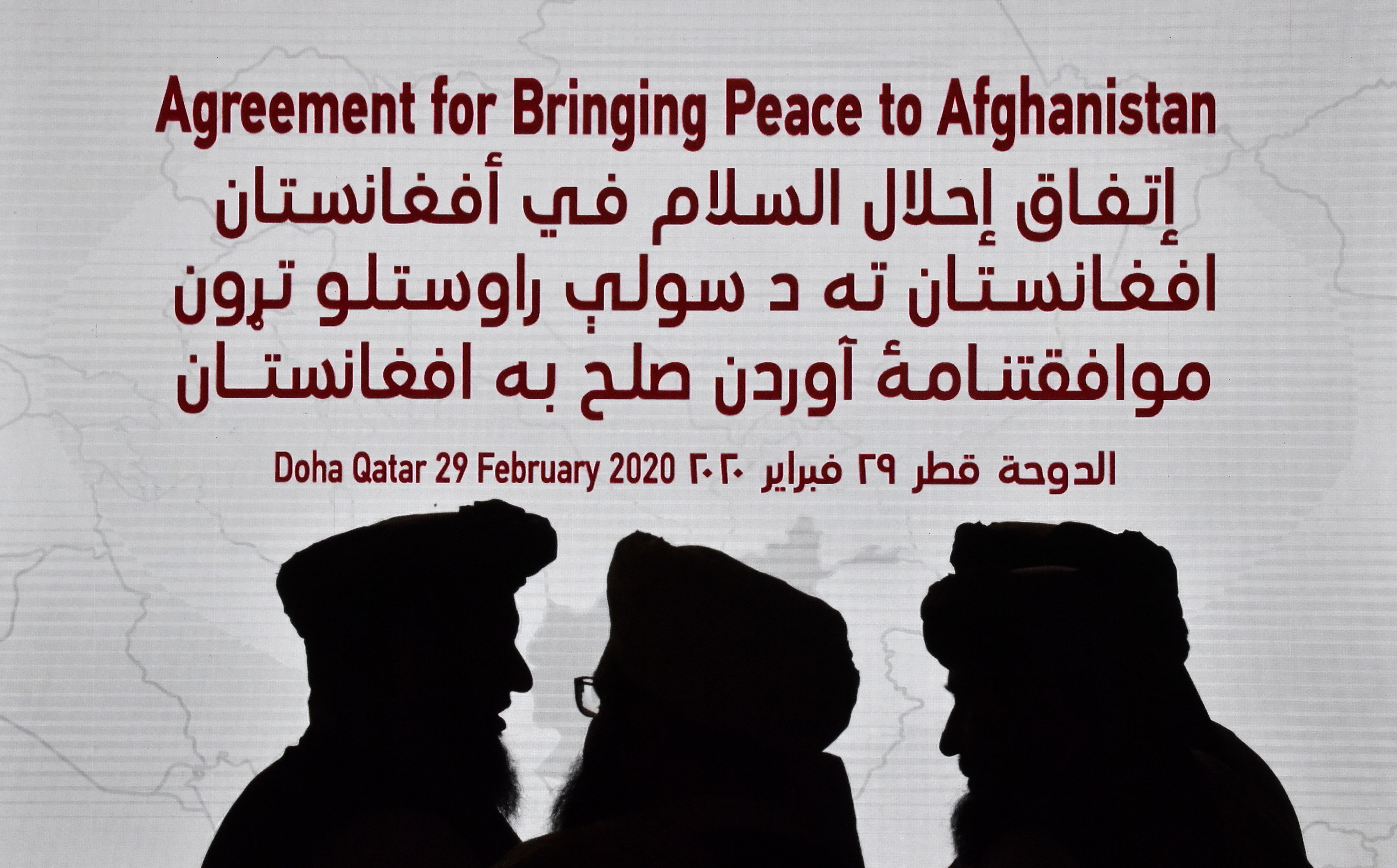
A free daily email with the biggest news stories of the day – and the best features from TheWeek.com
You are now subscribed
Your newsletter sign-up was successful
The US and Nato’s war against the Taliban - which began in Afghanistan less than a month after the collapse of the Twin Towers on 11 September 2001 - came to its technical end on Saturday, when the Trump administration signed a peace deal with the ultraconservative Sunni organisation, but violence has far from subsided.
On Wednesday, a US drone carried out an air strike against Taliban fighters who were assaulting American-backed Afghan government troops in southern Afghanistan’s Helmand province.
It was the first attack by US forces since the conditional accord was signed in Doha, Qatar, on 29 February, but was said to be the 76th attack across the country by the Taliban in the same time period.
The Week
Escape your echo chamber. Get the facts behind the news, plus analysis from multiple perspectives.

Sign up for The Week's Free Newsletters
From our morning news briefing to a weekly Good News Newsletter, get the best of The Week delivered directly to your inbox.
From our morning news briefing to a weekly Good News Newsletter, get the best of The Week delivered directly to your inbox.
The pact allowed for a degree of violence to continue, but the surge of attacks has brought fears the agreement could collapse in its infancy.
The US was not precluded from defending Afghan defence forces (ANDSF). Indeed, as Col. Sonny Leggett, the spokesman for US forces in Afghanistan, put it, the US considers itself obligated to do so.
“The Taliban are honoring their piece” of the agreement “in terms of not attacking US and coalition forces”, said US Defense Secretary Mark Esper on Wednesday, “but not in terms of sustaining a reduction of violence”.
The US-Taliban peace deal was predicated on a reduction of violence by all sides, but there was an acknowledgement that the Taliban is a complex and disparate organisation that has been at war in Afghanistan since the early 1990s, and that therefore insisting on a complete end to violence would be impractical.
A free daily email with the biggest news stories of the day – and the best features from TheWeek.com
Nevertheless, the scale of the attacks from the Taliban since Saturday, as well as division in Kabul over certain aspects of the pact, means it now “hang[s] in the balance”, says Foreign Policy magazine.
At the insistence of the Taliban, the Afghan government was excluded from the negotiations with the US, so the country remains locked in civil war.
The accord contained a commitment by the Taliban not to allow its territory to be used to launch attacks on foreign countries, it scheduled the withdrawal of American troops from Afghanistan within 14 months, and it also stated that “a permanent and comprehensive ceasefire will be an item on the agenda of the intra-Afghan dialogue and negotiations”. Those are scheduled to begin on 10 March.
The increased Taliban violence jeopardises those talks, and, The New York Times points out, the situation now bears an ominous resemblance to the Soviet withdrawal from Afghanistan in 1989, “when guerrilla forces continued to attack the Afghan government after Soviet soldiers began withdrawing, driving the country into a bloody anarchy”.
–––––––––––––––––––––––––––––––For a round-up of the most important stories from around the world - and a concise, refreshing and balanced take on the week’s news agenda - try The Week magazine. Get your first six issues free–––––––––––––––––––––––––––––––
Wednesday’s violence comes at an awkward time for US President Donald Trump. On Tuesday he held an unprecedented 35-minute phone call with the Taliban’s chief negotiator, Mullah Abdul Ghani Baradar, “in what may be the first direct discussion between a US leader and a senior Taliban official”, says Al Jazeera.
Afterwards, Trump called it a “very good talk”, saying the Taliban “have agreed there is no violence, don’t want violence”. However, that night “at least 25 Afghan soldiers were killed and 13 others were injured in three separate Taliban attacks”, CNN reports.
Trump ran his 2016 presidential campaign with a pledge to finish America’s “endless wars”. The Taliban know he wants to be seen to follow through on that promise as November’s US election approaches - and are showing they are willing to pursue their interests on the ground secure in the belief that Washington lacks the political will to halt the US withdrawal.
As The Los Angeles Times contends, “Taliban leaders appear to have decided that Trump is so eager to bring the 12,000 American forces home that he will not pull out of the deal as long as the militant group confines its attacks to Afghan government forces.”
William Gritten is a London-born, New York-based strategist and writer focusing on politics and international affairs.
-
 Local elections 2026: where are they and who is expected to win?
Local elections 2026: where are they and who is expected to win?The Explainer Labour is braced for heavy losses and U-turn on postponing some council elections hasn’t helped the party’s prospects
-
 6 of the world’s most accessible destinations
6 of the world’s most accessible destinationsThe Week Recommends Experience all of Berlin, Singapore and Sydney
-
 How the FCC’s ‘equal time’ rule works
How the FCC’s ‘equal time’ rule worksIn the Spotlight The law is at the heart of the Colbert-CBS conflict
-
 Operation Rubific: the government's secret Afghan relocation scheme
Operation Rubific: the government's secret Afghan relocation schemeThe Explainer Massive data leak a 'national embarrassment' that has ended up costing taxpayer billions
-
 The Taliban’s ‘unprecedented’ crackdown on opium poppy crops in Afghanistan
The Taliban’s ‘unprecedented’ crackdown on opium poppy crops in Afghanistanfeature Cultivation in former poppy-growing heartland Helmand has been slashed from 120,000 hectares to less than 1,000
-
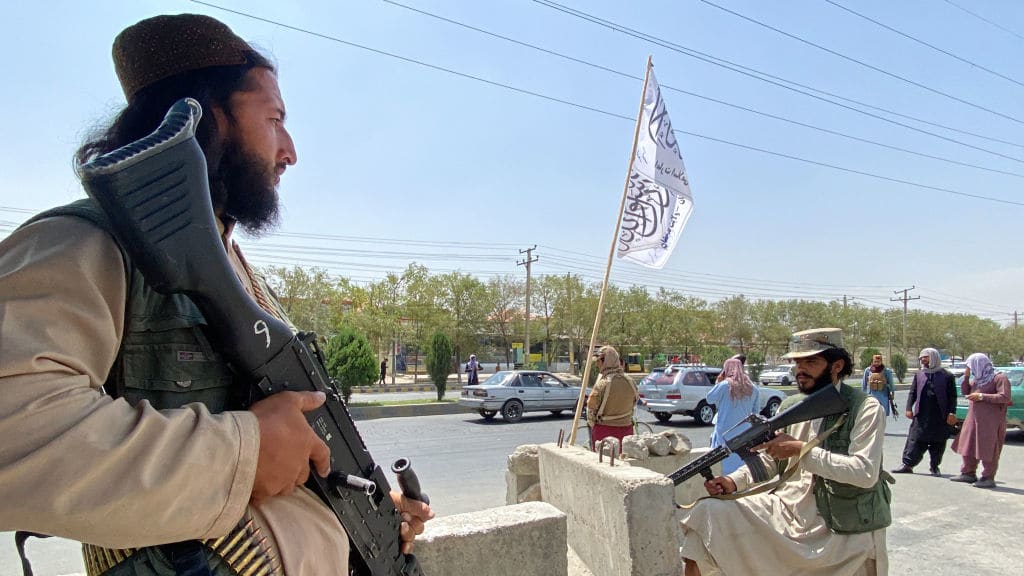 Taliban releases 2 Americans held in Afghanistan
Taliban releases 2 Americans held in AfghanistanSpeed Read
-
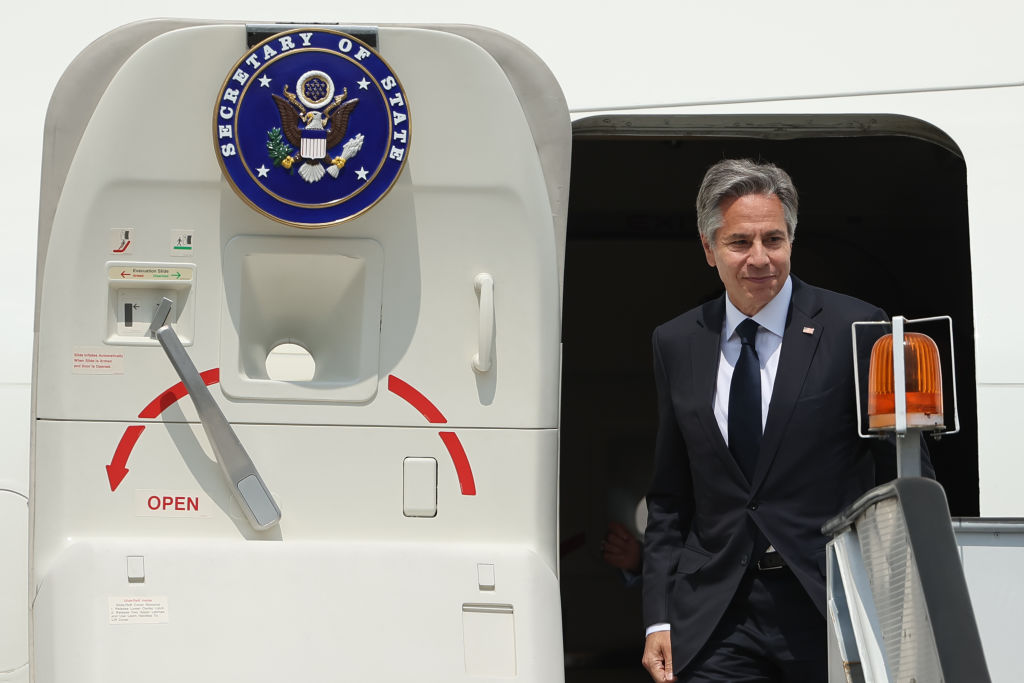 American detained in Afghanistan for over 2 years released in prisoner exchange
American detained in Afghanistan for over 2 years released in prisoner exchangeSpeed Read
-
 Afghanistan: A year after the withdrawal
Afghanistan: A year after the withdrawalopinion What did the U.S. leave behind when it pulled out of Afghanistan?
-
 Prominent cleric who supported female education killed in Afghanistan bombing
Prominent cleric who supported female education killed in Afghanistan bombingSpeed Read
-
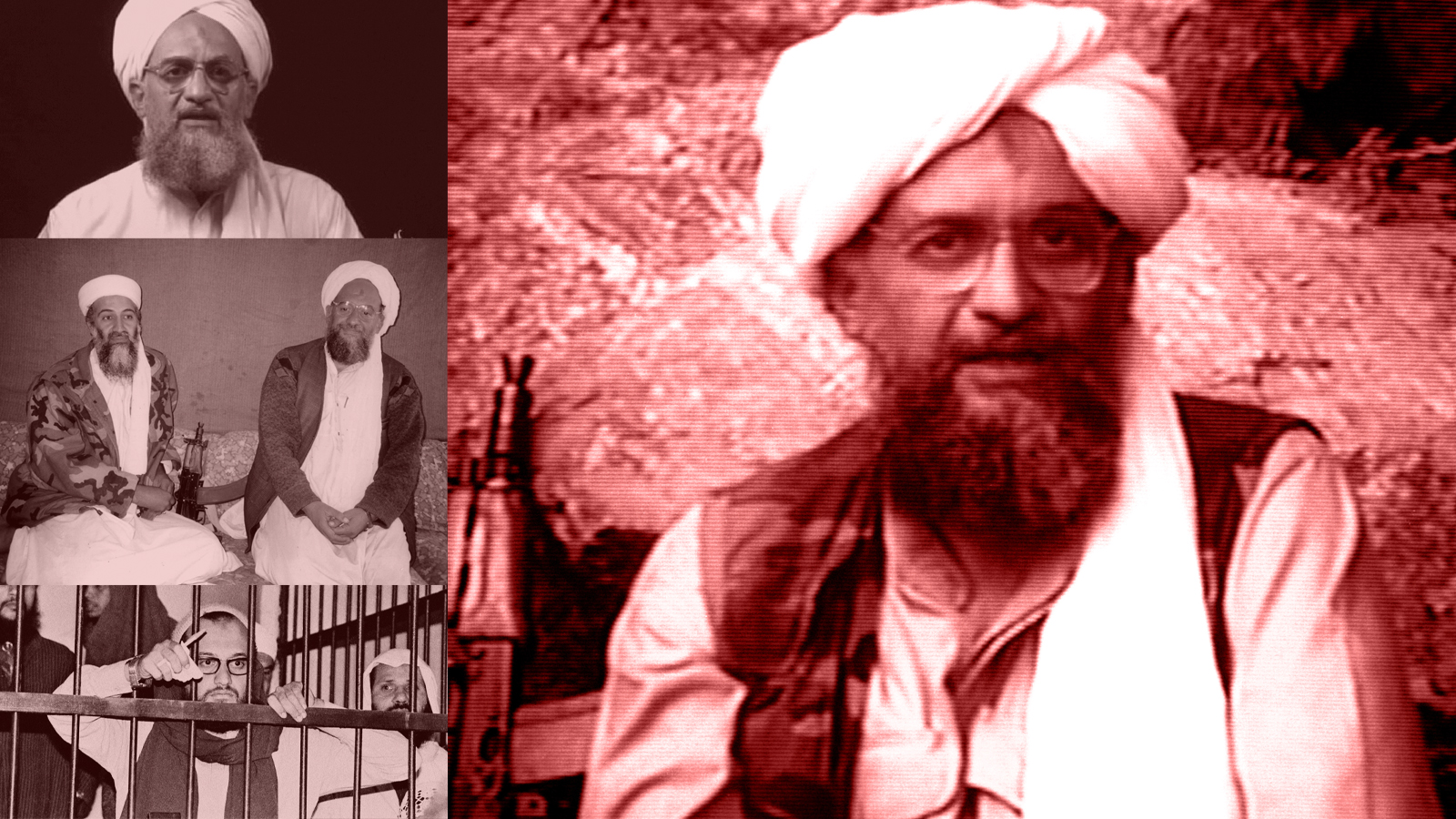 What the U.S. accomplished by killing al-Zawahiri
What the U.S. accomplished by killing al-Zawahiriopinion The sharpest opinions on the debate from around the web
-
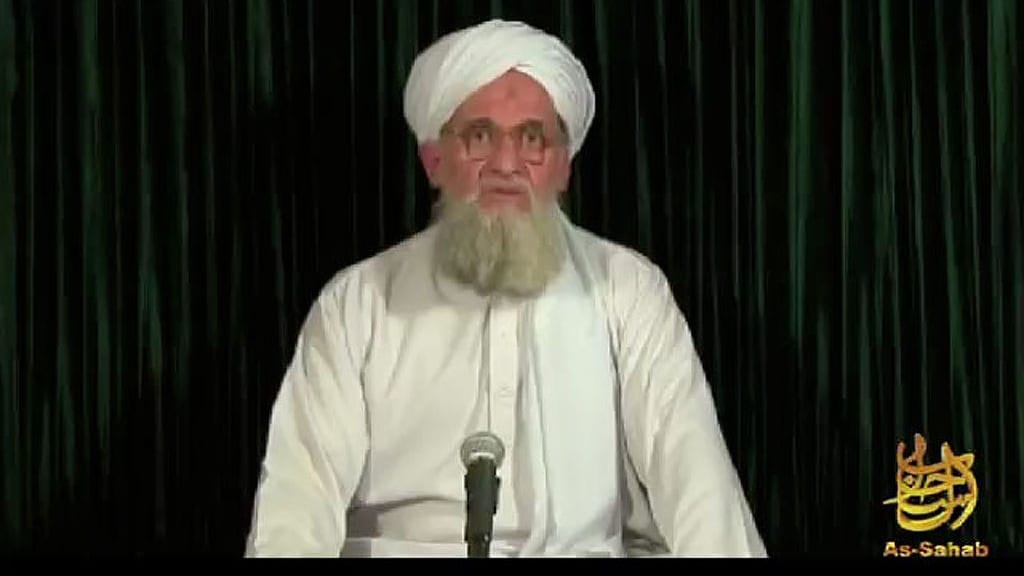 Officials: U.S. killed top Al Qaeda leader Ayman al-Zawahiri
Officials: U.S. killed top Al Qaeda leader Ayman al-ZawahiriSpeed Read
